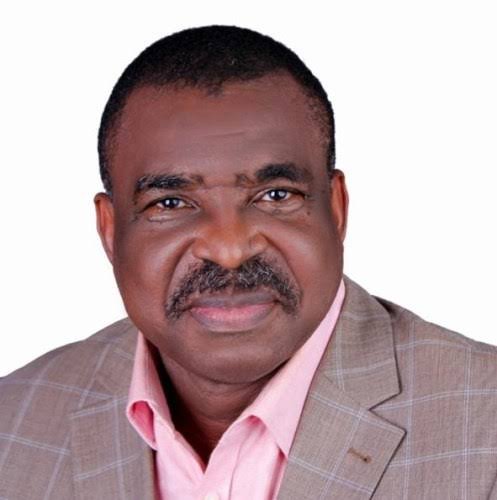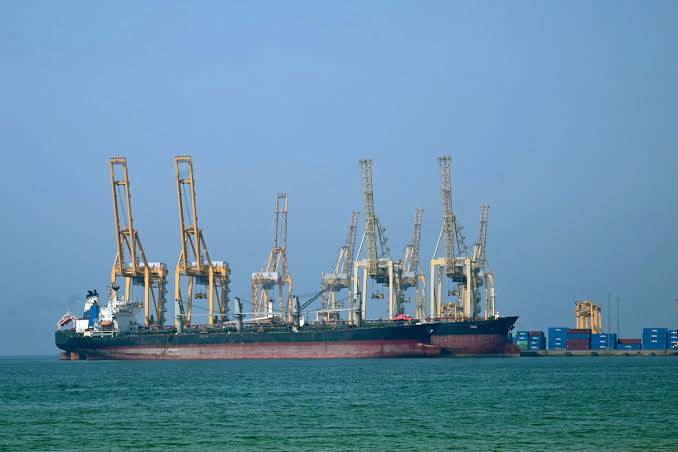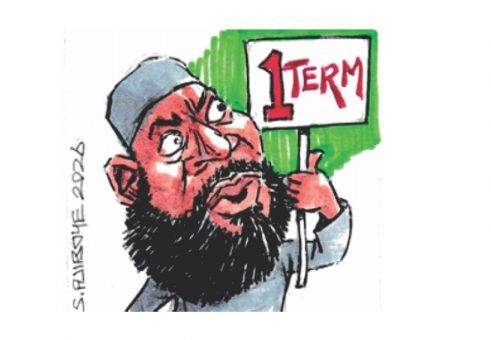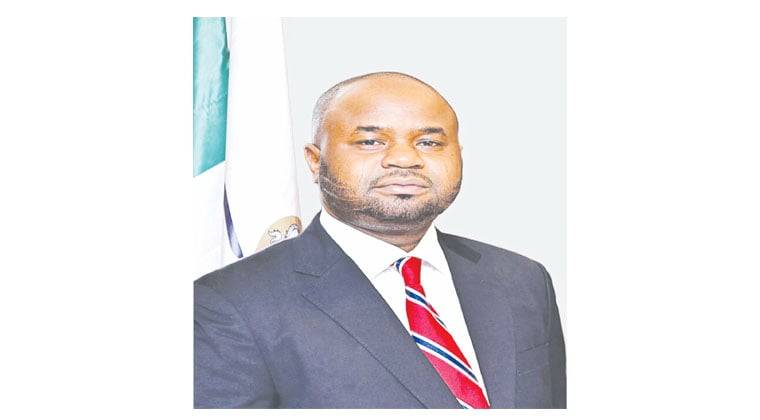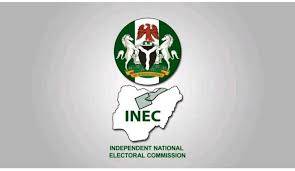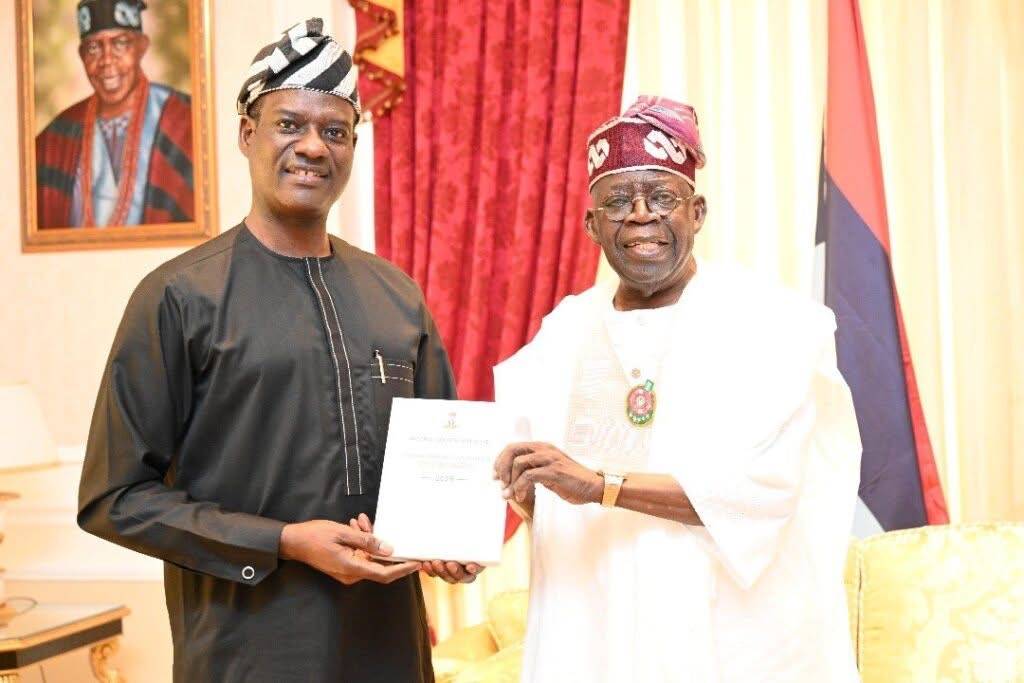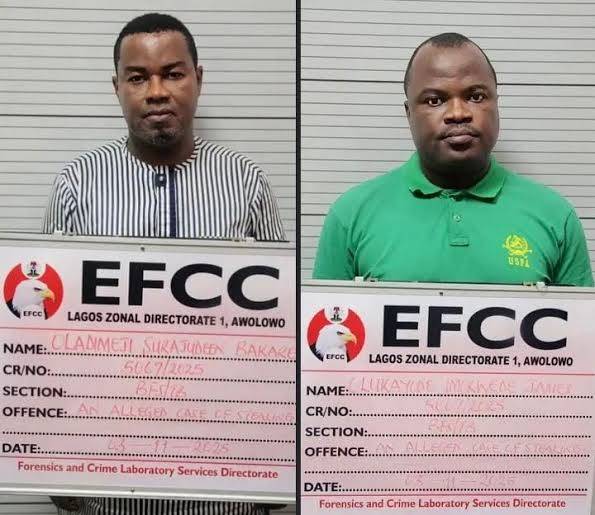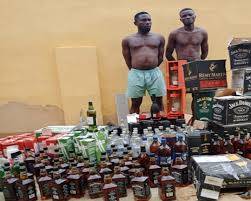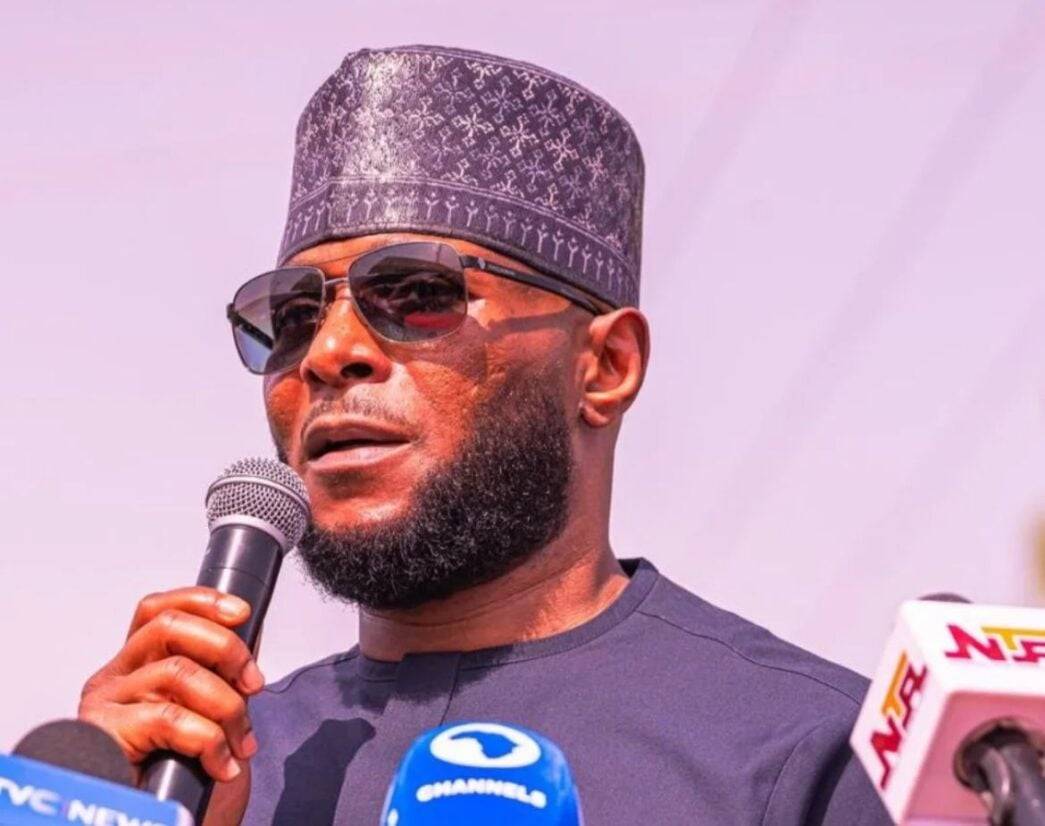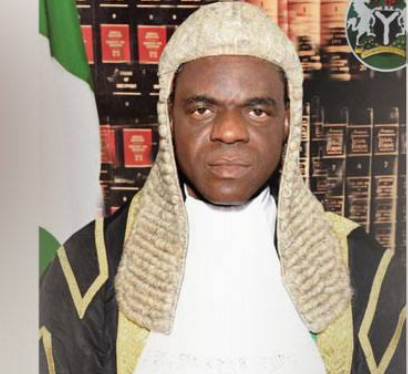By Magnus Onyibe
I kindly request readers’ indulgence to share this captivating story, which I would like to use to demonstrate my support for President Bola Tinubu’s policy of eliminating fuel and naira subsidies—a measure that has been in place in our nation for roughly four decades.
Hopefully, once we all understand and accept the principle behind ending the obnoxious subsidy regime, we will realize why we all must make the sacrifices that will lead to our country leapfrogging in the manner that Singapore moved from third to first-world status, as narrated by the late Lee Kuan Yew, a revered former Prime Minister of the island country, in his iconic book “From Third To First World”.
Having set the stage, please allow me to offer an anonymously authored anecdote that goes thus:
A family resided on the outskirts of a tiny village. They possessed one cow and consumed its milk every day. If there wasn’t enough milk, they consumed less.If there was enough milk, they consumed it well. Consequently, that cow was critical to the mother, father, and children’s survival.
One day, a lone traveller passed through the village. He was starving. The family generously shared their milk with the stranger, who was grateful and wished to repay the favor. When the traveler heard that there was a wise man in the area, he went to his house and told him about the cow-owning family who hosted and fed him when he was hungry. He requested advice on how to express his gratitude.
The wise man urged him to kill the cow. The traveler was taken aback. However, because of the wise man’s reputation, he followed orders. A year later, the traveler went through the same community. This time, he observed a busy market store and a hotel.
When he stepped into the hotel, the eldest son of the cow family was standing behind the front desk. “What happened?” inquired the traveler. “We lost our cow and had to go out and find a way to eat and so we opened a market and it grew and we opened this hotel and it is growing”. The wise man’s remarks returned to the traveler’s head.-“Kill the cow”.
When the advice was offered, it seemed like a terrible thing to do. But, alas, it was the saving grace for the family, who had become ensconced in and gotten accustomed to their peasant lifestyle of living from hand to mouth, which they believed they were destined to lead.
But things changed for the better for them when they got compelled to move out of their comfort zone after the cow was killed by their benefactor, who wanted to repay their kindness.
The lesson in the preceding anecdote is that sometimes you have to let go of your security (comfort zone) and the things that keep you comfortable to progress in life.
Obviously, the narrative above is highly relevant to our current situation in Nigeria. That is because we are so accustomed to receiving subsidies for petrol, naira, and electricity power that we do not want to leave our comfort zone of being buffeted by subsidies derived from oil/gas sales. But now that crude oil sales is yielding less income and their production is dwindling, as a nation we ought to have woken up from slumber by saying to our leaders “ Kill the Cow” which is a euphemism for the removal of subsidy on consumption in our economy so that Nigerians can face reality like citizens of our neighboring countries that are not endowed with crude oil resources.
Drawing a parallel, the subsidies on petrol, the naira, and electricity are analogous to the milk from the cow in the Family Cow fable.
Presumably, the metaphorical picture is as clear as night and day for any Nigerian to grasp and understand without ambiguity the need to eliminate subsidies in our economy.
By now it must also have dawned on some critics who have been arguing that President Tinubu should not have eliminated the subsidy without first consulting Nigerians, that the ‘traveler’ did not consult the cow family before slaughtering the cow which is the family heirloom. l can bet that they would have rejected the plan and continued to rely solely on cow milk for subsistence living until the cow died naturally.
In light of the foregoing, contrary to the argument of the nay-sayers, removing the subsidy that was strangulating the country does not necessitate a conference with Nigerians to seek their approval, as former military president Ibrahim Babangida did during the 1984/85 IMF loan debate, after which Nigerians settled for the alternative–Structural Adjustment Programme (SAP).
Please take note that the ‘wise man’ (IMF) had also recommended to then-head of state Gen. Ibrahim Babangida in 1984 to implement similar policies introduced by President Tinubu in 2023.
Of course, one is not oblivious to the fact that Nigerians generally have disdain for the IMF which some deem to be an imperialist agent. But we would be throwing away the baby and the bathwater if we deem all IMF recommendations to be predatory and exploitative which we must reject. As a nation of intelligent citizens with a great world view, we can smartly navigate the global political and economic landscape to harness all the great benefits available as Dr Ngozi Okonjo-lweala (current WTO DG) did when she was finance minister during Olusegun Obasanjo’s presidency (1999-2007) by securing a huge debt write-off for our country.
Now, some Nigerians who like to look at crucial national issues from the periphery and partisanship will scream against me and try to lynch me on social media for analyzing our country’s current unsavory circumstances of being at a crossroads via the lens of the Cow Family narrative above.
But they don’t bother me at all because I’ve only contributed to nation-building through my grasp of the basic difficulties plaguing our country which are largely responsible for its underdevelopment and l have proferred solutions.
George Bernard Shaw, an Irish polemicist and political activist, once stated:
“Progress is impossible without change, and those who cannot change their minds cannot change anything.”
As has been demonstrated by his very bold policy actions since taking over the reins of leadership a year ago, President Bola Ahmed Tinubu, who is an acknowledged progressive politician, is not frightened of change. As a result, he took what skeptics saw as a leap into the unknown by stating at his inauguration that the “subsidy is gone”.
In light of the consequential high cost of living crisis exacerbated by the current minimum wage agitation by organized labor, President Tinubu is currently standing between the devil and the deep blue sea. That is simply because, as he has progressed in his governance over the last year, he has realized that governing Nigeria is a little more complicated than it appeared before taking over the reins of government. But in any case, he had declared on numerous occasions that he was not seeking sympathy because applied for the job and what he is only asking of Nigerians is the sacrifice of patience. Although Mr . President appears to be caught between the devil and the deep blue sea, a common term that Nigerians frequently use when they are in a quandary, he is determined to forge ahead no matter the difficulties being encountered.
Practically, periods of decision or hesitation occur when the two best options available are both difficult and provide no reprieve or comfort. That is why President Tinubu is caught between approving the N62,000 recommendation of the team of negotiators he appointed to engage with organized labor for a new minimum wage and the N250,000 minimum demand of organized labor following the crippling strike action that was called on June 3rd,and got suspended after 48 hours.
My hunch is that as President Tinubu heads to the office on Wednesday, he will be muttering under his breath the following words against organized labor activists, ‘ l think you picked the wrong time to demand an extraordinary rise in the minimum wage’.
The assumption above is supported by the fact that organized labor is driving such an outrageous demand at a time when our economy is tanking, with the exchange rate rising to N1500/$1, petrol selling for around N600 per liter, food inflation exceeding 40%, and national debt exceeding N80 trillion, with roughly 98% of the national budget dedicated to servicing the monstrous debt.
So, Mr. President is in such a precarious position that can be equated to sitting on a tinder box which is underscored by the fact that a new minimum wage negotiation driven by a 2019 minimum wage act that requires renegotiation every five (5) years has fallen due at such a critical time that the ongoing one-year-old socioeconomic reforms in Nigeria have disrupted and dislocated all the normal economic fundamentals in the country moving her from regular dynamics into uncharted territory.
Because of the exceptional circumstances outlined above, it must be extremely difficult for him to establish which parameters to apply in determining the new minimum wage, which is required by law to be reviewed – usually upwards, as inflation frequently rises and seldom falls in our country.
Given the aforementioned conundrum, President Tinubu may be wondering whether it is best to base the new minimum salary on Purchasing Power Parity (PPP) or pegged to an inflation rate.
It is a particularly dilemma for the president, possibly because it is as complex as untying the fabled Gordian knot, as neither choice has redeeming qualities.
In a classic book on negotiation based on theory of principled negotiation which aims primarily for win- win agreements and nothing else, written by Roger Fisher and Willliam Ury titled “ Getting To Yes. Negotiating Agreement Without Giving In”, the authors talked about issues creation which is aimed at meeeting the interests of all the parties engaged in the negotiation.
It is that spirit that spirit that President Tinubu should aim to expand the pie on the table be factoring in other considerations into his offer to workers and indeed all Nigerians.
So, following the conclusion of the Salah celebrations, on Tuesday, June 18, and the return to work on Wednesday, President Tinubu will have to decide whether to approve a 100% increase in the minimum wage, from N30,000 to N62,000, which organized labor views as a starting point.
In comparison, the economy as it currently stands, the government, especially at sub-national levels would find it very difficult if not impossible to support the 100% increase plus another N2,000 that her negotiators have already committed to pay to halt the strike action.
That being the case how would it shoulder the weight of the massive N250,000 that organized labor is requesting?
It is striking that labor negotiators have been telling Nigerians that their goal is a minimum salary of N250,000, but astute observers can see that labor activists are just using the demand for a quarter of a million naira as a red herring and gimmick.
The best course of action for President Tinubu,in my opinion would be to accept the N62,000 minimum wage agreement reached by government negotiators on his behalf and combine it with a further offer to reverse the hurriedly and poorly packaged increase in energy rates for so-called Band A customers.
At best the increase should be graduated and the so-called Band A high tariff regime has to be well thought out as it is killing both large and small businesses.
Take for instance my barber in Falomo, lkoyi Lagos. When l visited his shop a week ago,l was shocked to discover that by virtue of his location, he is in Band A region. So instead of turning on the airconditioner as he usually does when l am there for a haircut, (a routine that usually enables me to connect directly with the hoi poloi who l get to meet there) he turned on an electric fan to save cost. How does a small barber’s shop pay N225 per kilowatt of electricity? When l advised him to increase his price for haircuts, he made it clear to me that his clients could not afford to pay more. And I doubt, all things remaining the same, if that barber’s shop would still be open for business on my next visit in a month. If the young owner realizes that the shop has become unviable , he would unsurprisingly join the ranks of the burgeoning unemployed youths in our country and a feedstock for outlaws seeking vulnerable youths to entice into their nefarious enterprise.
Indeed, that electricity tariff upward review policy implemented earlier this year, in my opinion, needs to be revisited to drastically reduce it so that Nigerians can breathe, to borrow a phrase popularised by Senate President Godswill Akpabio, who used the term during a plenary session some time ago and drew criticism from Nigerians who saw it as contemptuous.
In my assessment, the recent exit of some major manufacturing concerns from our shores may in part be traced to the drastic increase in electricity tariff. It may be the last straw that broke the camel’s back before their exit. So that makes it a candidate for re-calibration in the manner that the National Education Loan Fund,NELF was taken back to the lawmakers for amendment into a more functional document.
Another reality is that the major key stakeholders directly involved in wage payment–federal, state, and local governments, as well as the organized private sector–had already spoken out boldly about their inability to bear the burden of a 100% increase in the minimum wage of N62,000 recommended by President Tinubu’s negotiating panel.
Similarly noteworthy is the fact that organized labor may only speak or act on behalf of around 8% of Nigerian workers in the formal sector. That is because scientific studies have revealed that approximately 92% of Nigerians work in the informal sector.
Remarkably, the above-mentioned category of workers may not be in sync with organized labor in their demand for N250,000, because the decision to raise the minimum has no direct effect on them. The assertion above is validated by the provisions in the 2019 minimum wage act which excludes them, particularly if they do not work in firms employing up to 25 people, which is the legal threshold.
For clarity, the informal sector includes employees who work for medium and small businesses with staff strength of less than 25. It also includes domestic workers such as drivers, housekeepers, cleaners, babysitters, gardeners, and craftspeople who make a living daily. That category includes bus drivers and conductors, plumbers, mechanics, carpenters, vulcanizers, and barbers. Because the category of workers listed above are self-employed, any day the economy is shut down is a deficit for them.
Given the forgoing circumstances, the questions I’ll pose next might appear insensitive. But we must call a spade a spade by asking how labor can demand half a million naira as a minimum wage when our country is currently resembling a ship caught in the high seas by very rough weather, with the usually robust and resilient vessel being tossed up and down by violent waves that can wreck the ship if the captain of the vessel is not a dexterous sailor. This is why President Tinubu must be very cautious and international about the decision he makes to resolve the minimum wage debacle.
My evaluation of the nation’s current status, as described above, may appear embarrassing. But how else can one illustrate the difficult situation in a country where the value of its currency in terms of the foreign exchange rate has fluctuated like a yoyo, and general inflation is currently at an alarming 34%, with food inflation hovering around 40%, and which echoes what happened to Germany’s economy in 1923?
According to historical records, after Germany failed to pay World War I (WWI) reparations to the countries involved in the devastating war that was imposed on it, many of them, particularly France, foreclosed on Germany by seizing their factories, causing massive disruptions in the country’s production activities. As a result, one U.S. dollar was equivalent to 1,000 billion German Marks by November of the same year.
We will soon return to the unpleasant experience of hyperinflation in Germany by elaborating on the lessons that should be learned from that story as we confront the inflation demons that currently plague Nigeria due to the elimination of fuel, naira, and electricity subsidies and try to justify why Nigeria needs bold leaders and followers who are prepared to make the necessary sacrifices to pull our nation out of the current financial quagmire.
Given the foregoing, we must critically examine the benefits and drawbacks of the three (3) quick reform initiatives that are to blame for the economy’s decline in the interim to be fair to everyone.
As is already known, President Tinubu announced two (2) of the reforms on the day of his inauguration, which was on March 29, 2023.
These are the elimination of the fuel pump prize subsidy and the partial floating of the naira, which was previously supported by the proceeds from the sale of crude oil.
The third factor is the 225-point increase in the band A electricity tariff that was implemented approximately six months into the current administration by the National Electricity Regulatory Commission (NERC), the industry regulator, and Mr. Adebayo Adebayo Adelabu, the minister of power.
The current painful condition that has overtaken Nigeria is also caused by other issues, such as the high cost of governance and corruption, which are more entrenched since they have been plaguing our country since independence in 1960 and after the civil war in 1970.
To save time, we will ignore the previously discussed issues in favor of concentrating on the current crisis, which has arisen as a result of the renegotiation of the minimum wage for workers in the formal sector, which includes only public servants and employees of private sector companies.
Negotiating the minimum wage in our nation has frequently devolved into some form of hiatus, as we are all well aware. Therefore, it was greatly relieved when the Minimum Wage Act, a piece of legislation, was introduced in 2019 to rationalize government administration and organize worker relations.
To understand how organized labor and the government might work together to resolve the complex problem of the minimum wage, it is appropriate that we look at the issues raised by labor activists, which may be broadly divided into five (5) categories:
(1) Those who committed the crimes of round-tripping and over-invoicing were not penalised when the petrol subsidy was eliminated. For instance, corruption has no repercussions when smugglers and border guards stand by while tankers carrying millions of barrels of petrol enter adjacent nations illegally.
Incidentally, the key perpetrators of the graft are civil servants or members of organized labor working government organizations such as Immigration, customs, and CBN officials who enable over-invoicing in collusion with NNPC agents.Also at fault are NPA officials who record and approve the transfer of cargo from the ships to the depot, but have not been prosecuted.
Meanwhile many top government functionaries found to be corrupt , including nearly all former governors and numerous ministers, are presently serving jail sentences or are facing legal action from the EFCC? How many corrupt officials in the public sector and accomplices in the private sector are on trial or in jail like politicians?
That is a question that organized labor must answer.
The second factor (2) is the withdrawal of the naira’s subsidy, which caused the exchange rate to soar from N360.00 in 2019 to N1,900 before falling to N1,500, where it is at the moment.Rent seekers who had access to the corridors of power became instant billionaires, creaming off on the difference between official and parallel market rates, which could be as high as N300–400. They engage in arbitrage without consequences because currency speculators seem to be hand in glove with the authorities, thanks to multiple exchange windows, as former CBN governor Sanusi Lamido Sanusi alluded to.
Again, the main actors in gaming the foreign exchange system are members of organized labor. What has the activists amongst them done to bring their corrupt colleagues to book?
The third (3rd) thorn in the flesh of labour activists is its assessment that the increase in the cost of electricity tariffs, which manufacturers (those that have managed to stay afloat) are passing on to consumers by selling their products at market reflective prices, has quadrupled and is responsible for the rising cost of living.
The situation is exacerbated by the CBN’s increase in the Monetary Price Rate, MPR which has resulted in banks charging frightening interest rates of up to 40%, creating a sort of prickly heat for entrepreneurs who are borrowing from banks at astronomical rates to run their businesses. They ask why the government is purposely hiking bank interest rates.
The reality is that the CBN is raising interest rate to tame inflation which would otherwise have risen above its current alarming rate.
The workers’ union cited the fourth (4th) friction point as the government’s seeming failure to respond to their request for a reduction in the cost of governance.
According to organised labour and a critical mass of Nigerians, the government lives in wealth while the majority suffer from poverty.
They cite the alleged spending of N21 billion naira on the vice president’s residence, N90 billion to subsidize the 2024 hajj pilgrimage, and the legislative arm spending N160 million each to purchase Toyota Suburban Vehicles, SUVs for the 469 legislators, while ignoring assembled in Nigeria alternatives, at a critical time when Nigerians are suffering the worst misery since the civil war 54 years ago.
The truth is that the decision for some of the actions that just materialized might have been made by the predecessors of the current administration which did not anticipate the current turmoil.
The case that labor is making also involves what they call the unreasonableness of embarking on the $15 coastal route that runs from Lagos to Calabar.
Without fear of contradiction roads are criitical infrastructure that are purveyors of development. Think of the Belt and Silk road initiative of China and the fact the UAE,a country of paltry population always builds mega infrastures such as the Jebel Ali sea port and the airport in Dubai which are world class. They simply expand their horizon which is what the coastal road to calabar from lagos and from Badagry to Sokoto would accomplish for Nigeria.
The fifth (5th) complaint tabled by organised labour and is not included in their mix of their concerns is the rampant theft of our crude oil assets, which are our country’s primary source of foreign cash.
It’s easy to forget that less than a decade and a half ago, our country produced 2.5 million barrels of crude oil every day. We are currently producing no more than 1.2 million barrels per day on average as a result of policy inconsistencies and theft.
Hence our country is not earning enough income to sustain subsidy.
The chairman of Total Energies, Mr Patrick Pouyanne, identified the problem in the Nigerian oil and gas industry when he said at a recent AfricaCEOs summit in Kigali, Rwanda, that Nigeria lags in policy formulation. Evidently, the nearly three decades that it took to pass the much vaunted Petroleum Industry Bill (PIB) into an act of parliament, cost Nigeria $6 billion in investment in the sector because Total Energies had to invest the money in Angola while Nigeria was dilly-dallying.
The widespread theft of crude oil, which occurs when pipelines burst or when crude oil is diverted through unmarked pipelines, resulting in yet another enormous loss of revenue for the country is being addressed by NNPC hired private security company Tantita to stop the theft but a lot is still being stolen.
The holy Bible says that a rich man would have a harder time entering God’s kingdom than it would be for a camel’s head to fit through the eyes of a needle. God might be surprised to see many wealthy men in heaven given that enormous ocean-going vessels are used to steal enormous amounts of crude oil and long articulated (trucks) are used to smuggle large volumes of petrol out of our shores and land borders on a daily basis without being caught.
That thriving crime of moving cargoes of stolen crude in huge vessels by sea and large trucks by road can be equated to a carmel’s head passing through the eye of a needle and the crime is facilated by members of the organized labor.
It would not surprise me if Nigerians would have corrupted the gatekeepers in heaven because those with criminal minds among us frequently brag about how well they were able to subvert the system by claiming that “with special arrangement, they can see God.”
Given the above-described situation, corruption and insecurity—rather than subsidies in and of themselves—are our nation’s true scourge because they permeate the entire system and may even have become ingrained in popular culture as criminality has become a thriving industry in our beleagued nation. It is not necessary to pretend that everything is well in those regards in our nation and live in denial. This is the reason I wrote two (2) whole chapters in my most recent book, LEADING FROM THE STREETS, titled: Corruption And Unending Fight Against lt and Ethnic Nationalism, Separatism and Religious Insurgency. Nigerians need safe environment to farm and engage in other productiive activities as opposed to being stranded in IDP camps which is currently the lot of those in the interior particularly northern and middlle.
Without exception both politicians and government personnel are corrupt, thus the problem in Nigeria is the leadership, as novelist Chinua Achebe of blessed memory wrote in his renowned book, The Trouble With Nigeria.
When the Secretary to the Government of the Federation, SGF castigated labor activist for switching off national elecity grid during their strike action and accused them of having committed economic sabotage and treasonable felony. Labor leaders had pushed back by alleging that political leaders holding public offices are the real economic saboteurs.ln my piece last week after recalling by dredging up a catalogue of acts of corruption perpetrated by civil/public servants who are part of organized labor, l concluded that their outburst was at best an act of righteous indignation, and it is a case of the pot calling the kettle black.
The news currently making the rounds is that at 289 , Nigeria’s delegation is the highest at 2024 ILO conference. Is the organized labor not gulty of the proflgacy that it is accusing government of engaging in?
The truth is that subsidies could have been managed responsibly because they are a tool for moderating or balancing an economy and society in order to mitigate spikes in costs. Even when we talk about free economies driven by market forces, the reality is that there is no such thing as an absolutely free economy devoid of interventions or modifications by government.
Typical instances of subsidies are the Dole system in the United States of America, USA which pays unemployed people some money to tide them through until they find work. That is subsidy on consumption and the type which is offer of student loans for people who want to go to college but can’t afford it, is subsidy on production.
In my view, the response to organised labor’s questions Nos. 1, 2, and 3 regarding President Tinubu’s termination of the subsidy regime without devising a plan to ease the ensuing pains is that, had he announced the end of the subsidy until, say, six (6) months after taking office, the same forces that forced his predecessors to refrain from taking the risky action might have taken him hostage, and Nigeria would still be under the yoke of subsidy regime.
Regarding the current government’s failure to punish corrupt people who committed crimes such as gaming the subsidy system, based on the experience of the previous administration, which made anticorruption the focal point of its leadership, the reality is that focusing governance on anti-corruption may be popular, but it causes mass hysteria, resulting in even genuine investors fleeing our country.
That is largely why our country had a twin recession during President Muhamadu Buhari’s eight-year tenure. No responsible leader would be careless to fall into a similar trap.
Regarding the CBN raising MPR,as earlier stated, government is attempting to contain inflation. If the rates had not been raised, the inflation level may have doubled.
Economists can agree or disagree about that strategy.In the instance of apparent wastage of funds by government, several of the initiatives that workers and Nigerians have derided are carryover decisions from previous governments. Take the vice president’s residence for instance . It certainly was not built in 12 months.
Based on my own experience, when I first entered Delta State’s cabinet to serve as a commissioner over 20 years ago, government policies are like locomotive trains. Once they leave the station they do not stop travelling till they reach their predetermined destination. They are also similar to cultural and behavioural patterns that are difficult to break overnight.
So, from the proposed purchase of a luxury yacht for the president, two new aircrats to add to the presidential aircraft fleet, a new residence for the vice president, humungous sum of money set aside for funding for Muslim pilgrimage and the huge amount of money that 469 federal lawmakers spent on importing SUVs for themselves, which are given labor activists indigestion are actually obscene given the essential realities of hunger and starvation crushing a critical mass of Nigerians, government appear to be insensitive to the plight of a critical mass of Nigerians being crushed by hunger.
In fact some of these extravagances are what I would like to refer to as guilty pleasure. But the majority of the policies predate the current administration in terms of when they were initiated and the challenges were also not anticipated at the time they were proposed.
That is why I have been making the case that Nigerians should give the Tinubu administration, which is now in its infancy (just a year old), enough time to for her policies to unfurl, blossom and mature. It is the crux of the argument I made in my column a couple of weeks ago when I evaluated the government after one year of a four-year tenure, which is 25% of 100%.
Fortunately or unfortunately, the administration is presently developing its budget for next year, for which President Tinubu will be taking full responsibility, and it is what Nigerians will be using to fully and properly review the administration after 24 months which would be halfway through the 48-month period. If the identified profligacy in the 2024 budget re-occurs in the incumbent’s 2025 budget, Nigerians will be justified in condemning him.
The story of the Cow Family does not end there.
It is important to note that it is a period of high inflation in Germany resulting in a revolt that threw up Adolp Hitler of the holocaust fame as leader of Germany. We all are well are of his tyrannical rule and the legacy that he left for mankind.
So,we should be careful of what we wish for ourselves.
Bringing back home here in Nigeria we may recall after military president put the lMF loan proposal to a debate and Nigerians opted for the alternative -SAP which he commenced its implementation ,he derailed from pressure from impatient Nigerians, buckled and stepped asidde. The presssure is similar to the type currently being pilled on President Tinubu by some perhaps skeptical and clearly partisan Nigerians to scrap the policies that have moved them away from their comfort zone.
We all have full knowledge of who took over the reins of governance from Gen. Babangida and ruled in a manner reminiscent of Adolf Hitler of Germany and brought similar infamy to Nigeria-Gen. Sani Abacha.
Again, Nigerians should be careful what they wish for , always lean on history to appreciate what it teaches and imbibe the culture of patience because governance is not a sprint but marathon.
That is my humble counsel which l hope l have been able to illustrate very well with the Cow Family anecdote.
■ Magnus Onyibe,an entrepreneur,public policy analyst, author,democracy advocate,development strategist,alumnus of Fletcher School of Law and Diplomacy at Tufts University, Massachusetts, USA, and a former commissioner in the Delta State government, sent this piece from Lagos, Nigeria.
To continue with this conversation and more, please visit www.magnum.ng.l


